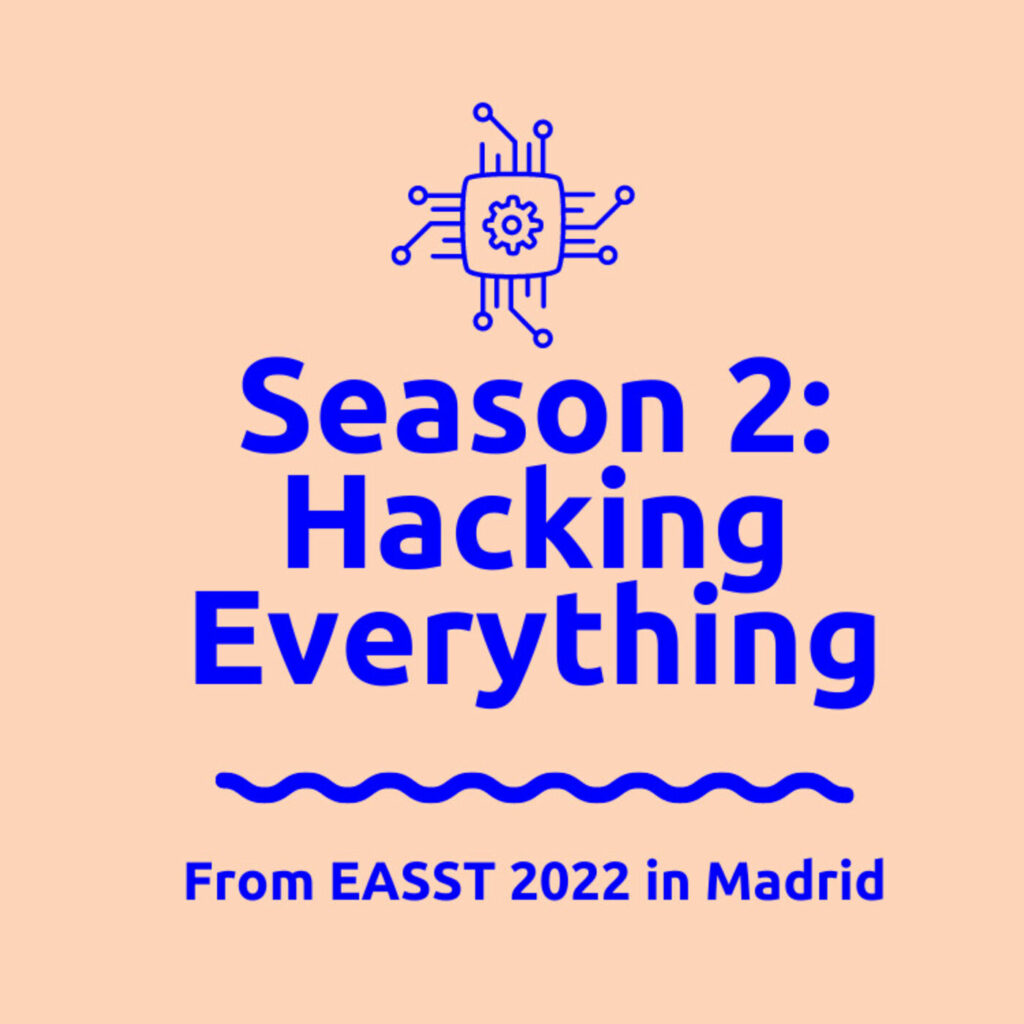In this episode of “Hacker Culture”, project member Maja-Lee Voigt introduces her former research on hackfeminist collectives, discussing how important especially FLINTA-hackspaces are in the production of urban spaces in an increasingly digitalized city.
—
To this day it remains a question of power who is granted the right to visibly take up and claim urban space; both physically and virtually. A societal and literal Room of One’s Own” (Woolf 1929) is still not a given for people who define as women and/or queer. Rather, it is not only floor plans and cityscapes in which gendered bodies hardly find unconfined spaces or representation; discursive and online realms often turn out to be equally restrictive, patriarchally dominated, and misogynic. Additionally, as urban automation advances in an increasingly ‘smarter’ city, everyday processes are more and more controlled by privatized algorithmic architectures of oppression.
Yet feminist hackspaces resist these heteronormatively programed technologies. Following five months of ethnographic research on cyberfeminist collectives and their resistive practices in Germany and Austria in 2021, my contribution askes how digitized cities become technologically, culturally, and spatially hacked toward representing more diverse realities. My analysis shows how feminist hackspaces attempt to increase accessibility to interfaces, (digital) spaces, and decision-making processes by sharing their tech-knowledge through open source solutions, educative illustrations, and visions of otherwise urban futures. Their activism demonstrates how (urban) hacking is a crucial practice to break with non-democratically controlled digitalization processes: playing with the uncertainty, incalculable openness, and scope for design of possible futures within software spaces makes hackfeminists essential actors in imagining cities to come. Often unnoticed and underestimated, their trial-and-error approach and understanding of hacking as a glitching cultural technique as well as refusal of pre-programmed patriarchal orders embodies the radical presence of potential tomorrows: a future filled with literally uncoded uncertainties and heterogenous hopes in favor of a hackable, thus accessible algorithmic anarchitecture in a cyber_feminist_city for all.
This episode is a live recording from Hacking Everything. The Cultures and Politics of Hackers and Software Workers panel organized at the European Association for the study of Science and Technology (EASST) 2022 conference in Madrid on 2022-07-07. The hosts are Paula Bialski, Andreas Bischof and Mace Ojala. Audio production by Heights Beats at Hotmilk Records, who also produced the theme track. We are grateful for Chemnitz University of Technology for funding.
